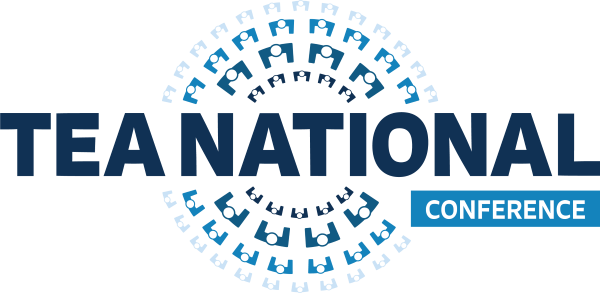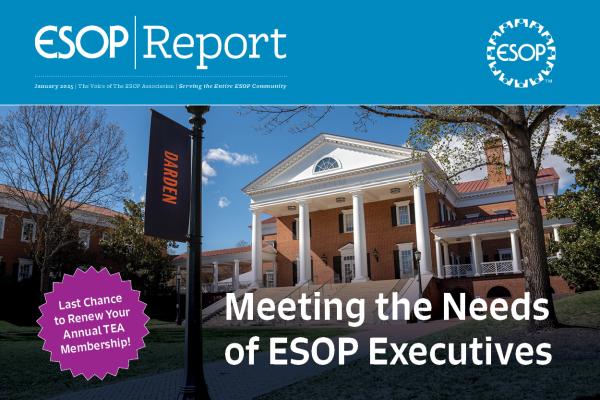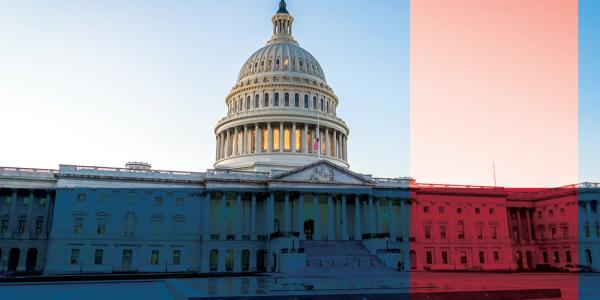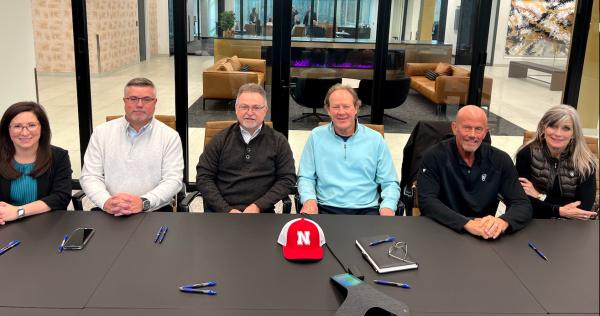Since Donald Trump was inaugurated for his second term as President on January 20, our federal government is undergoing dramatic changes at an unprecedented pace that has not been seen in our nation’s modern history. These changes will impact virtually every aspect of our lives and economy, and the full scope and breadth of change is still yet to be felt. In countless conversations I’ve held with ESOP leaders, CEOs, Board Directors, and Trustees, I have emphasized the need for every ESOP to carefully examine their businesses and recognize that even if they may not be directly engaged with the federal government, their suppliers, customers, business allies and partners, and their employees will almost certainly experience some impacts.
For decades, Americans and business leaders alike have called for dramatic reductions in federal budgets and spending, fewer federal workers, and less regulatory oversight of our economy. It should be clear by now that President Trump and Elon Musk, as his appointed representative, are doing just that. It would also appear they are fully prepared to see these initiatives through the judicial process and flesh out entire new bodies of case law redefining the relationship of checks and balances between the Congress and the President. These cases, which I anticipate will be carefully screened by the Department of Justice for optimal success on appeal, will take the better part of the next couple years to fully work through the legal process.
Just like every other business in our economy, ESOPs and their leaders must be prepared to adapt to new economic realities when the largest individual consumer and employer in our economy – the Federal Government – begins dramatic downsizing and layoffs combined with purchasing reductions. These reductions are already rolling out and being implemented, and in many instances, disregarding contractual agreements.
Yet, as a business ownership model, it is important for The ESOP Association’s membership to take stock of where our legislative and regulatory priorities currently stand and recognize this as a major opportunity that must not be missed.
It is fair to say the next 18-24 months will be crucial as we strive to accomplish goals the Association and our members have been working towards for decades. The path forward remains difficult, but The ESOP Association is currently in the best possible position to achieve long-sought changes and clarity to the way our plans are regulated, formed, taxed and administered.
Below are several key items The ESOP Association is actively working on and monitoring as President Trump and the 119th Congress began their work a month ago:
The Department of Labor and Adequate Consideration
The withdrawal of the Biden Administration’s proposed draft regulation for defining adequate consideration was certainly welcome news. Because the DOL is still congressionally mandated to produce a rule for adequate consideration, we are effectively starting with better than a clean slate once President Trump’s nominees for DOL’s top leadership are confirmed by the Senate. Because the Biden administration publicly released their version of a draft regulation, we know the desires of the career bureaucrats who have run a multi-decade war against ESOPs and our Trustees. But those proposals were immediately withdrawn by the new Administration, and will be either scrapped entirely or massively overhauled.
For Labor Secretary, President Trump has appointed former U.S. Representative Lori Chavez-DeRemer to lead the DOL. The ESOP Association strongly supports Ms. Chavez-DeRemer’s confirmation, and continues with a comprehensive campaign including paid advertising to educate Senators about the importance of an ESOP ally to overcome decades of inaction and harassment of ESOPs at the DOL.
In addition, President Trump has nominated Daniel Aronowitz to be Assistant Secretary in charge of the Employee Benefits Security Administration (EBSA), which has administration and enforcement responsibilities for ESOPs under ERISA. Mr. Aronowitz is a top expert with thirty years of experience on fiduciary issues. He is well respected by our professional members, and The ESOP Association is appreciative of his past statements and writing on DOL and EBSA issues, as well as his commentary on the abusive nature of plaintiff bar lawsuits under ERISA. The Association believes Aronowitz is an excellent choice to lead EBSA, and we look forward to working with him over the next four years. His perspective as a plan insurer, defending fiduciaries from both EBSA and nuisance plaintiff-bar lawsuits is desperately needed within the agency.
These two leaders, and a White House willing to back them up, represent the greatest opportunity to effect the change that is so needed at the DOL in terms of the culture and attitude toward ESOPs and to finally create a level regulatory playing field that will make new ESOP formation easier and less costly.
However, it’s important to note the DOL is a very large agency with jurisdiction over many issues besides ESOPs. Even after Ms. Chavez-DeRemer and Mr. Aronowitz are confirmed the adequate consideration issue will likely remain in a holding pattern for a period of time as political appointees get up to speed at the DOL.
When the Trump Administration is ready to begin work on adequate consideration, the agency’s career lawyers will almost certainly pull the Biden Administration’s publicly released draft back out of Tim Hauser’s desk drawer as a starting point. However, the Association is confident that the new heads of DOL and EBSA will want to chart their own course, and this is where our opportunity really lies.
We have been engaged with the Trump transition team and the new White House on the critical importance of adequate consideration. And at the recent meeting of The ESOP Association’s Board of Directors, a plan to significantly increase our government relations, grassroots and public affairs activities was approved. We will use all of our considerable resources over the next 1-2 years to work toward an adequate consideration rule and appropriate changes to plaintiff pleading standards that will change the course of ESOPs for a generation to come.
All this will take time, patience, and considerable financial resources. We do not want to take any shortcuts on regulations, for example via Executive Order or sub-regulatory guidance, because anything that is done in such a manner could be undone by a future President with the stroke of a pen. It is imperative that we go through the formal rulemaking process if we are to achieve any kind of regulatory permanence.
Among many other initiatives we continue to monitor and work on is the Employee Ownership Initiative at the DOL that was created by Congress with passage of the WORK Act in late 2022. We understand that there have been some staff reductions since the new Administration began in January. However, this is a congressionally mandated initiative, and we are hopeful the Trump Administration uses this as an opportunity to strengthen the program in order to support the growth of ESOPs and employee ownership.
Extension of the Tax Cuts and Jobs Act (TCJA) of 2017
The TCJA was a sweeping tax bill that lowered taxes for individuals and businesses, but many provisions were not made permanent and are set to expire at the end of 2025. If Congress does not pass legislation to extend the tax provisions this year, individuals and corporations will see their tax bills rise in 2026. However, if tax cuts are extended without reductions in federal spending or increased revenue elsewhere, the budget deficit and the national debt will continue to grow.
It is unclear at this point exactly which TCJA provisions will be extended or what offsets Congress will use to defray the cost. However, we can say with a high degree of confidence that ESOP tax benefits are not among those under consideration for cost savings. Congress recognizes that ESOPs are a public good, that ESOP companies receive reasonable tax benefits in exchange for providing millions of Americans with retirement security. But we must always be vigilant, and The ESOP Association is monitoring the budget and tax debates very closely and will keep our members appraised of any developments that would affect ESOPs. However, in our conversations with all of the appropriate decision makers and leaders in the Congress, we have only received complete assurances that our ESOP tax benefits are not under scrutiny, and if anything, they would be enhanced (such as the limited 1042 deferral benefit for S-corporations forming an ESOP).
There is no question that our government is in the midst of a period of great change and uncertainty. However, regardless of what is happening politically, The ESOP Association remains committed to focusing on our core mission: advancing the cause of ESOPs and employee ownership. We’ve worked very hard over the last few years to put ourselves in this position, and we are nearing an endgame on several vital issues.
Our members should know we are fully prepared to take advantage of this unique moment. After playing defense for so long with the DOL, we relish the opportunity to go on the offensive to finally secure the regulatory and legislative certainty we’ve been seeking for ESOPs.








